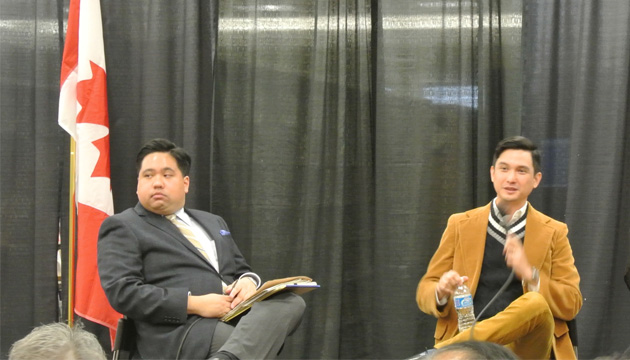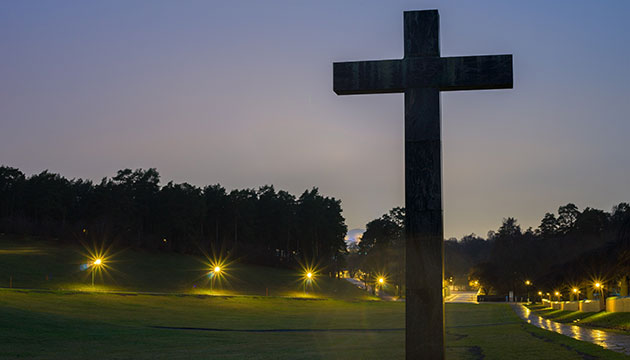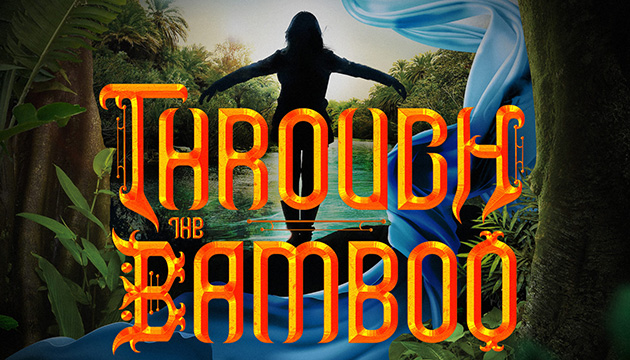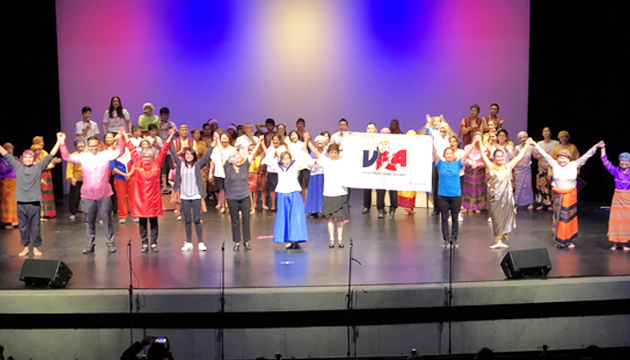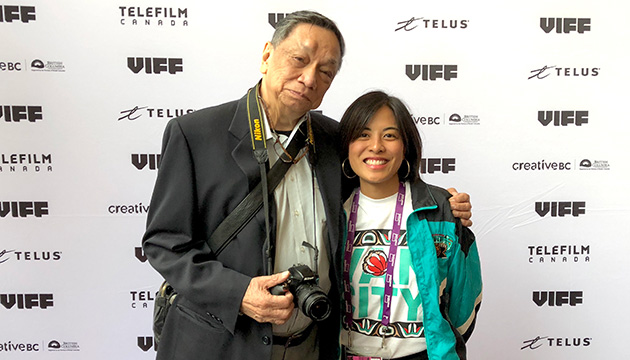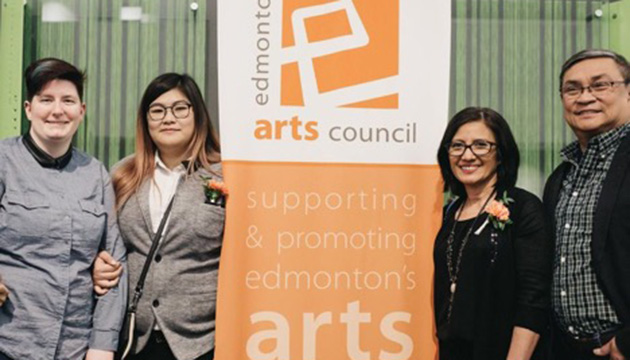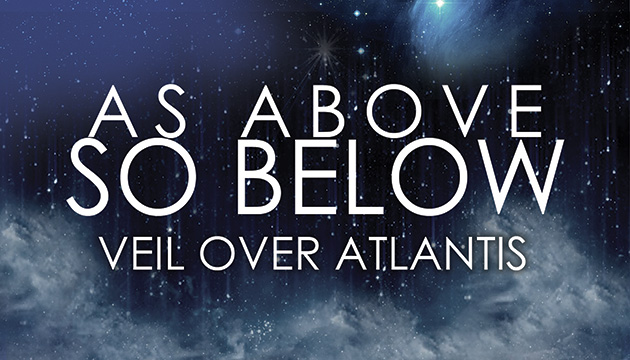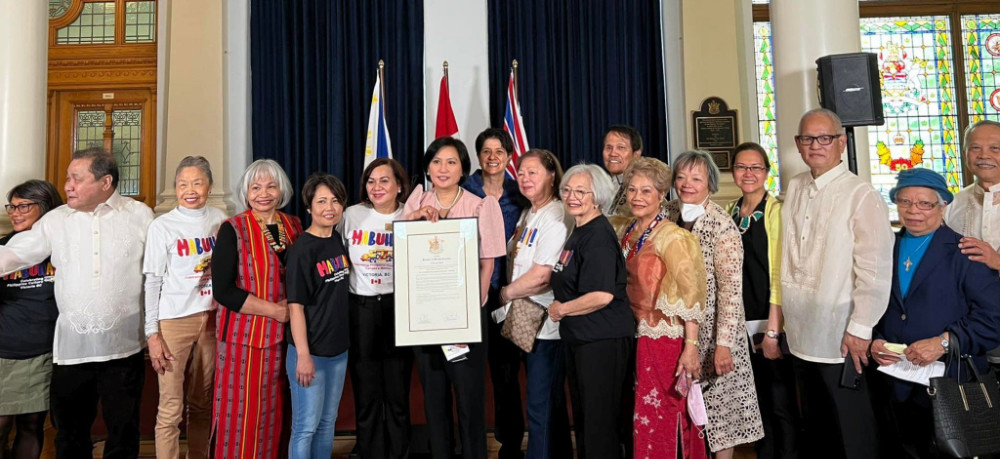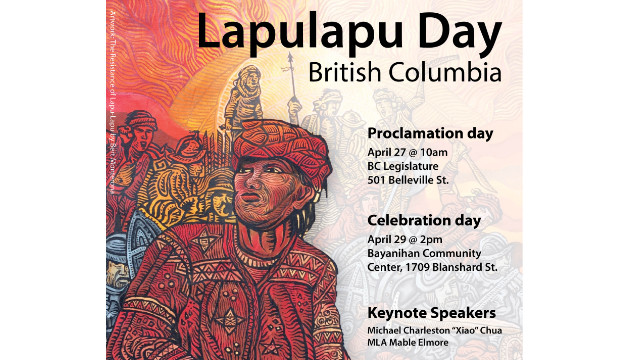Note from The Editorial Board: Joseph Planta is the founding editor of TheCommentary.ca, a website that features audio interviews and commentaries.
Since 2004, the Vancouver-born, -raised and -based conversationalist has interviewed hundreds of distinguished individuals in the arts, journalism, and politics. Planta spoke to Manila-born and -raised author Miguel Syjuco, whose debut novel Ilustrado was a New York Times Notable Book of 2010. The work also earned Syjuco the 2008 Man Asia Literary Prize, and a Palanca Award for novel in English. With Planta’s permission, the CanadianFilipino.Net is running the interview.]
Joseph Planta: On this book tour, you are being asked, I’m sure and I know, from what I’ve read, if you are the Miguel Syjuco that’s the character in the book. I’m not going to ask that question, but I’m going to ask you how much of Crispin Salvador do you want to be?
Miguel Syjuco: Well, Crispin Salvador represents, in a way, a cautionary tale. You know, I love that he was very prolific but at the same time, he became very embittered at how difficult it was to be a writer and how difficult it was to be a writer respected at home in the Philippines. A lot of people brought him down because he lived abroad; he was writing in English and we Filipinos suffer from this crab mentality. When the crab tried to get out of the bucket, or rise above himself, everybody else pulls him down. And that’s what happened with Crispin, but he became very embittered and he became the sort of writer I don’t want to be. So, in many ways, he represents a lot of the frustrations and fears and hopes that I have, but he does present a cautionary tale for me and, I think, for other, not just Filipino writers but writers who live away from home and deal with the problems and the guilt and the worry and the nostalgia and the homesickness of living in exile.
JP: Wouldn’t you want to have argued with the Marcoses or thrown up at George Plimpton’s house, though?
MS: (laughs) Who wouldn’t want to do that?
JP: Yeah.
MS: Of course, but you know, I’ve just started, this is my first book, and I’m sure there’s a lot of life in me yet and I’ll be making some things that hopefully go down as legend or infamy, successes or failures.
JP: Home for you is still the Philippines?
MS: It is. I left the Philippines like so many Filipinos because there weren’t enough opportunities for me at home. So, you know, I mean, I’m a writer. I wanted to write novels. I wanted to get into journalism and it’s very hard if you’re going to just try to be a writer in the Philippines. It’s not impossible. You can’t…you have to do so many things. You have to freelance, you have to be a journalist, you have to teach, and if you still have energy after that, you write novels and that’s probably one of the reasons why we don’t see a lot of novels coming out from the Philippines. So I left the Philippines to study abroad, to learn how to become a writer, to make a living as a writer, so, you know, I’m no different from the domestic helper or the nurse or the professor or the engineer who goes abroad because they want to make a life for themselves. I do go back to the Philippines every year, if I can afford it, of course, but yeah, it’s really home for me. That’s where my family is, that’s where my friends are. I miss it all the time.
JP: Now, you grew up in Vancouver for a bit, right?
MS: I did. During the Marcos era…I moved there when we were…when I was one. My family…my parents felt that it was a safer place for us kids during the Marcos era, but after he was ousted and Corazon Aquino was elected president, we moved back. So, I lived there from around the age of one to when I was eleven.
JP: And so, you live in Montreal now?
MS: I do.
JP: Do you have a connection to Canada at all? Do you feel you do, I should say?
MS: You know, I never really did because what happened is that when you go back when you’re eleven and you become, although I was, I felt Canadian, but you know, you’re not really whole when you’re eleven. You’re just at home. I was a young boy living in Canada but within a Filipino household. So, going home to the Philippines really just made me all the more Filipino and I’ve only moved here to Montreal three years ago. So, I never really, I mean, I’ve got the Canadian passport in addition to my Filipino passport but I never felt what it was to be Canadian up until very recently. I do a regular weekly radio column, a book review column, called the ‘Biblio-File’ on this program called The Link on the CBC’s RCI and what I do every week is, more often than not, I’m reading and reviewing books by Canadian authors, and in the year that I’ve been doing that, I’ve discovered not just Canadian literature but through that literature, what it means to be Canadian. I used to think it was just a homogenous sort of, you know, very white Anglo-Saxon, Protestant way of life. I didn’t realize, up until recently, until reading, you know, Michael Ondaatje and Joseph Boyden and Stephen Leacock and Farley Mowat and just so many different types of voices coming out of Canada, it was only then that I realized that, you know, being Canadian is multicultural, multifaceted and multilingual, and certainly, there’s a place for me as a Canadian. That’s really quite fascinating. I think it attests to the fact or to the power, I should say, of literature, in being able to define and explain a culture, that suddenly, through its literature, I’m feeling more and more Canadian.
JP: Now, we talked about the character, Miguel Syjuco, in the book and I mentioned that you’re asked about him a lot, whether it’s you or not. Why did you not call him something else?
MS: Of course, I thought about that but I liked the idea that the reader is sometimes kept quite off-balanced wondering, you know, is this character real or the stories being recounted here, are they…did these things happen to him? And if these are real then perhaps Crispin Salvador was real, and if they’re both real, then all these other characters and events and the history of the Philippines, then this might be real as well. And I wanted them to be constantly off-balanced because if you’re off-balanced, as a reader, you’re paying attention. You’re thinking. You’re engaged. And I want them to reach the end of the book with these questions. What is real? What is not? What is fiction? What is non-fiction? Because at the end, I think, they discover the very simple answer to those questions, and the answer is, it doesn’t matter.
JP: There are some similarities of the character to you. So, I’m wondering, what did your family think of the book?
MS: (pauses) They were all for it. They sympathized. They loved the book. They knew that the characters weren’t them. My parents aren’t dead. In the book, Miguel is raised by his grandparents. It was loosely based on, you know, my living in Vancouver and then going back to the Philippines, but just very loosely, in terms of the themes of coming home, of culture shock, of learning a new culture that is actually your own culture. But in terms of the specifics, all that’s made up. It is a work of fiction and so my family, my parents, they didn’t mind it at all.
JP: Your siblings, did they go through sort of the same introspection that you have gone through in writing this book?
MS: I think they did when they started reading it and seeing scenes or details that may have resonated with them. And they’re not big readers, most of them. We’re six kids. I guess I’m the most bookish of us all. My younger brother, for example, hadn’t read a book in five years. And they found that going through this book, it forced them to look back on not just what was presented in the book but also, you know, I guess the book, in a way, outlined their past life in very broad strokes and it also led them to look back and undergo some sort of introspection, which is great, because this is also something that I want other readers, not just within the family, but within the Filipino Diaspora, within culture, to also undergo this introspection and looking back, you know, where we’ve come from and who we are and where we’re going. The book is, in one sense, historical fiction. It charts 150 years of Philippine history. So, in that way, it should, hopefully, lead Filipinos to look back a little bit more but also, hopefully, let the rest of the world read the book, understand the difficulties and the issues that we Filipinos have gone through and understand why. All too often, people look at the Philippines and they say, well you know it’s a place of corruption and unrest, there’s Imelda Marcos and there are domestic helpers and there’s the guy who shot Versace. You know, it’s a very limited view of who Filipinos are and I’m hoping that my book, along with all the other great works coming from Filipino writers everywhere, can slowly change this view and complicate things and make things a little more nuanced and well, you know, more real, in terms of how people perceive us.
JP: That’s the thing that I was struck by the most while reading this book. I also, while reading the book, saw that Brillante Mendoza film Lola…
MS: Uh huh
JPLANTA: …and seeing that, reading this book, I was struck at the vastness of Filipino culture, that it’s not just Wowowee or Dolphy.
MS: (laughs) That’s right.
JP: You know? And I think you mentioned maid, Marcos, people think that of the Philippines. They also think Manny Pacquiao I guess. That’s what you wanted readers, within the Philippines as well as without, to come away after reading this book, right? That it was more than that.
MS: Yes. We’re all of those things. Proudly all of those things but we’re so much more.
JP: Why do you think people see Filipinos, see the Philippines like that though?
MS: I think partly because we’re underrepresented within the arts, you know movies and television and radio and books. These are stories of ourselves and stories of cultures but we Filipinos are like all the other Asian-American or Asian-Canadian type of communities. We’re such great chameleons. We’re so good at joining a new culture, probably, because of our experience as an American colony. All too often, we’re no longer defined as that community but only defined in broader terms because we assimilate so well. And I think it’s important for the Filipinos, especially, to really keep us writing their books and telling their stories and making their films so that people can understand how complicated and nuanced and how very special we are.
Related Articles:
Joseph Planta of TheCommentary.ca interviews award-winning author Miguel Syjuco (First of a three-part series)


